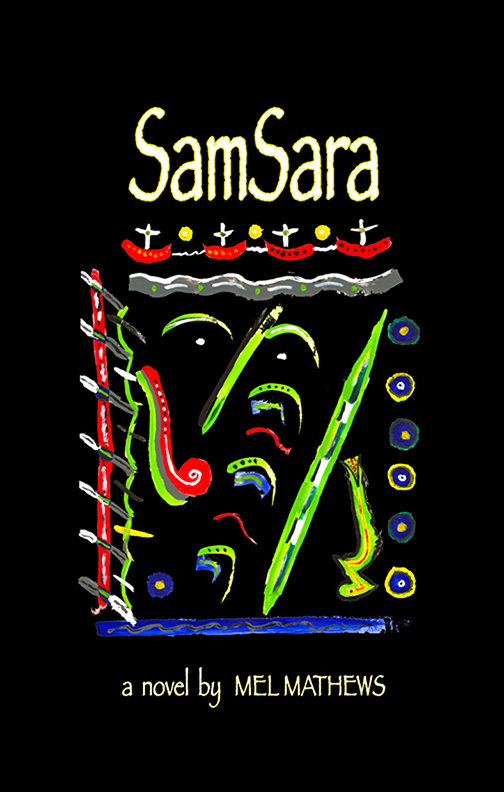The Cycle of Life: Themes and Tales of the Journey
“The art of life is the most distinguished and rarest of all the arts.”
—C.G. Jung, CW 8, par. 789.
The Cycle of Life explores the patterns that unfold over the course of our lives, as we set out to find our place in the world, in our efforts to live authentically, and in our search for home—that place within ourselves that can so easily be neglected or disregarded in this fast-paced modern world.
In the first half of life, the task of the young traveler is to depart from home, to adventure out into the world to find his or her own individual path. However, in the second half, we find ourselves on what often amounts to a very long journey in search of Home. In many a tale, the hero, for instance Gilgamesh, sets off on his road to find life’s elixir, while other stories, such as the Odyssey, revolve around the hero’s long and arduous journey home. Many are also familiar with the journey of Dante, who at the very beginning of his Divine Comedy finds himself “Midway along the journey of our life.”
The archetypal journey of life is constantly reenacted in the never-ending process of individuation. We find ourselves returning to this venture repeatedly, every night, as we set out on our voyage into the landscape of our unconscious. Many dreams begin by being on the way, for instance: I am on my way to … I am driving on a road that leads into the desert … I am walking through one room after the other in a long corridor-like building … I am walking towards my office, but it looks different than in reality … I walk on the pavement and on the opposite side of the street someone seems to be following me … I go down into an underground parking … I am in my car, but someone I don’t know is driving,” or, I have to go to the place from where I came …
Download a Free Preview
In the first half of life, the task of the young traveler is to depart from home, to adventure out into the world to find his or her own individual path. However, in the second half, we find ourselves on what often amounts to a very long journey in search of Home. In many a tale, the hero, for instance Gilgamesh, sets off on his road to find life’s elixir, while other stories, such as the Odyssey, revolve around the hero’s long and arduous journey home. Many are also familiar with the journey of Dante, who at the very beginning of his Divine Comedy finds himself “Midway along the journey of our life.”
The archetypal journey of life is constantly reenacted in the never-ending process of individuation. We find ourselves returning to this venture repeatedly, every night, as we set out on our voyage into the landscape of our unconscious. Many dreams begin by being on the way, for instance: I am on my way to … I am driving on a road that leads into the desert … I am walking through one room after the other in a long corridor-like building … I am walking towards my office, but it looks different than in reality … I walk on the pavement and on the opposite side of the street someone seems to be following me … I go down into an underground parking … I am in my car, but someone I don’t know is driving,” or, I have to go to the place from where I came …
Erel Shalit is a Jungian psychoanalyst in Ra’anana, Israel. He is the author of several publications, including Enemy, Cripple, Beggar: Shadows in the Hero’s Path, The Hero and His Shadow: Psychopolitical Aspects of Myth and Reality in Israel, The Complex: Path of Transformation from Archetype to Ego, and Requiem: A Tale of Exile and Return. Dr. Shalit lectures at professional institutes, universities, and cultural forums in Israel, Europe, and the United States.
Product Details
Paperback: 200 pages
Publisher: Fisher King Press
First edition (Sept 2011)
Language: English
ISBN-10: 1926715500
ISBN-13: 978-1926715506
Fisher King Press publishes an eclectic mix of worthy books including Jungian Psychological Perspectives, Cutting-Edge Fiction, and a growing list of alternative titles.
- International Shipping.
- Credit Cards Accepted.
- Phone Orders Welcomed: +1-831-238-7799 skype: fisher_king_press








